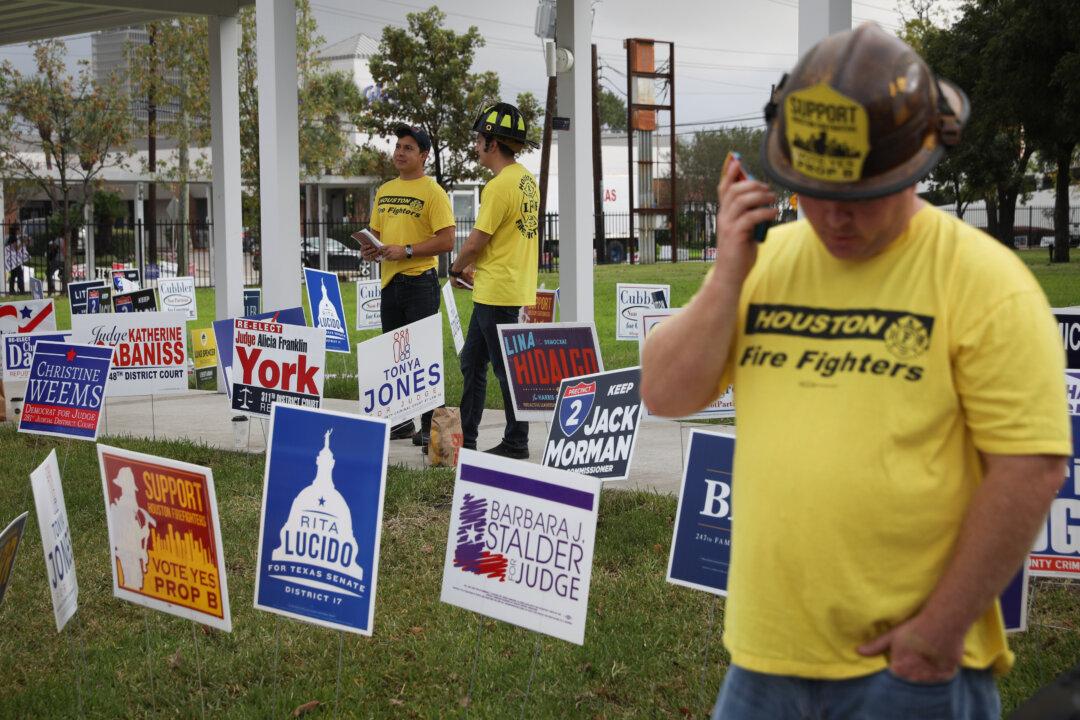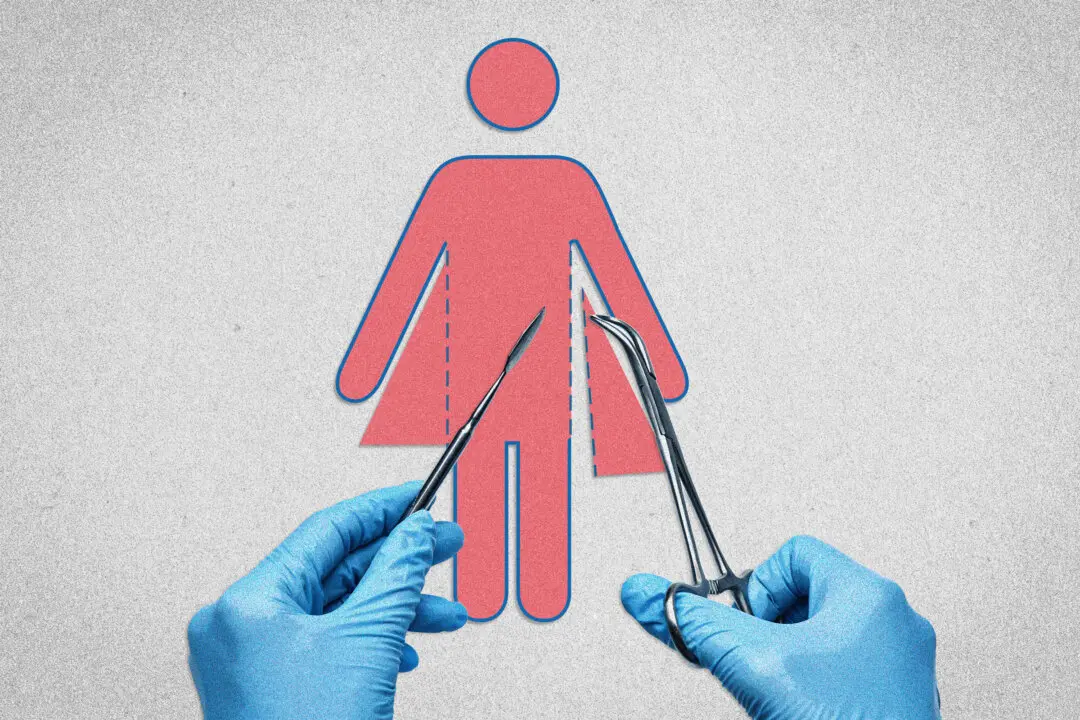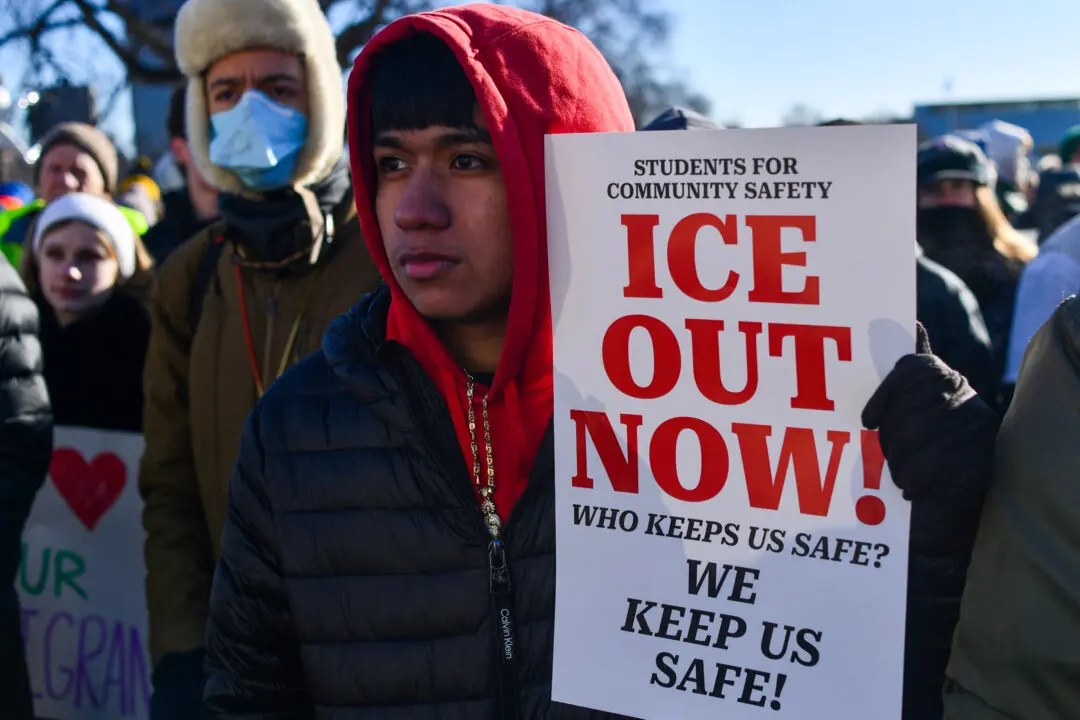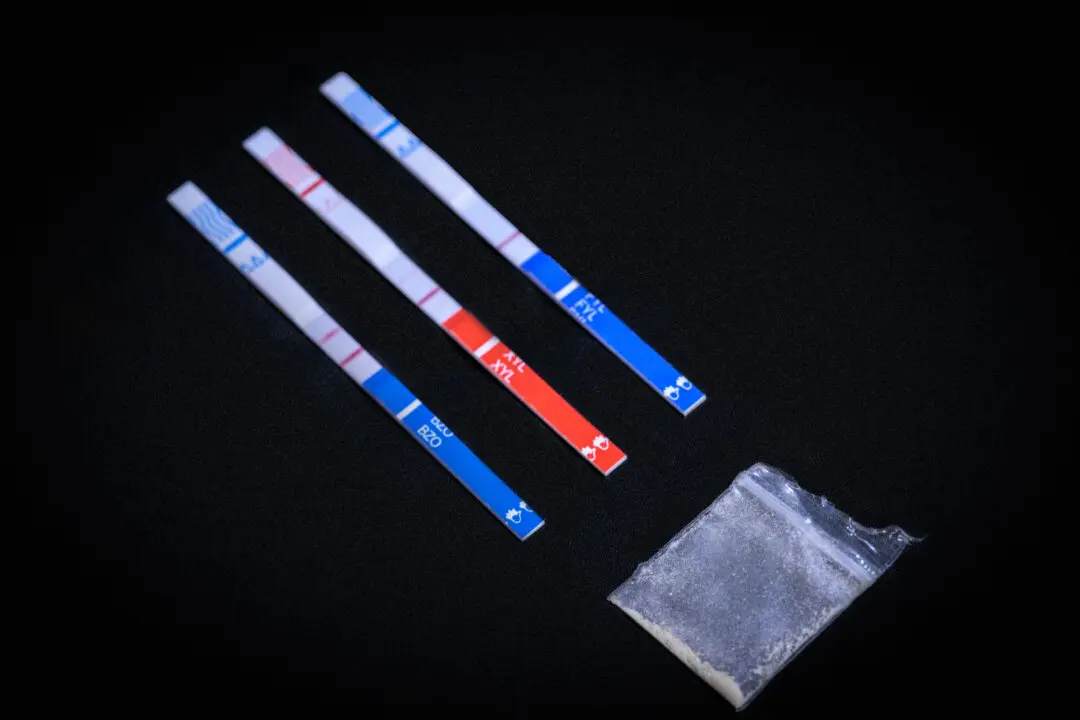Officials in Harris County, Texas, approved a potential lawsuit against the state’s Secretary of State’s Office over a random drawing that will mean a second election audit for the state’s most populous county.
The county, which includes Houston and has more than 4.8 million residents, is currently undergoing a state-run forensic audit of the 2020 election. The Democratic-controlled county allowed drive-thru and 24-hour voting during the COVID-19 pandemic, which prompted the scrutiny.





